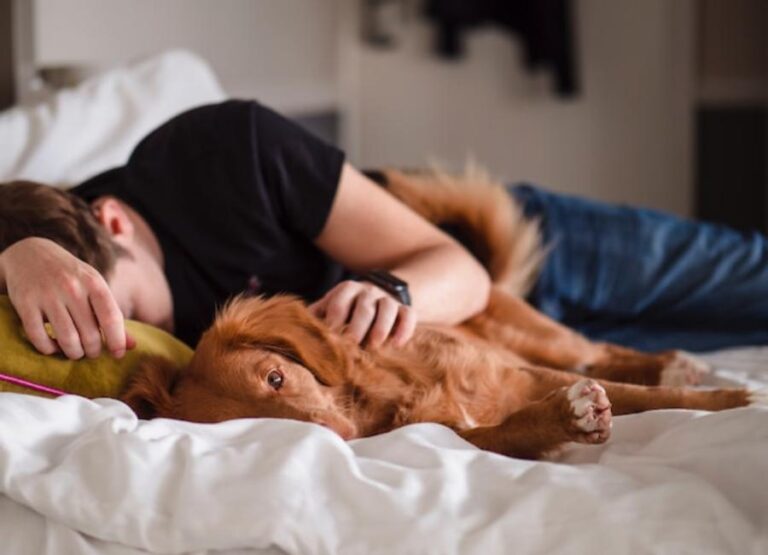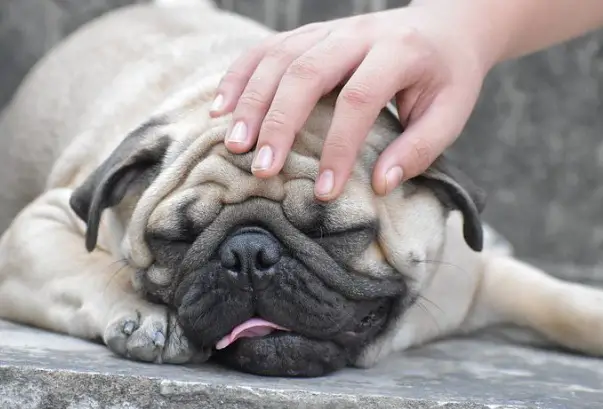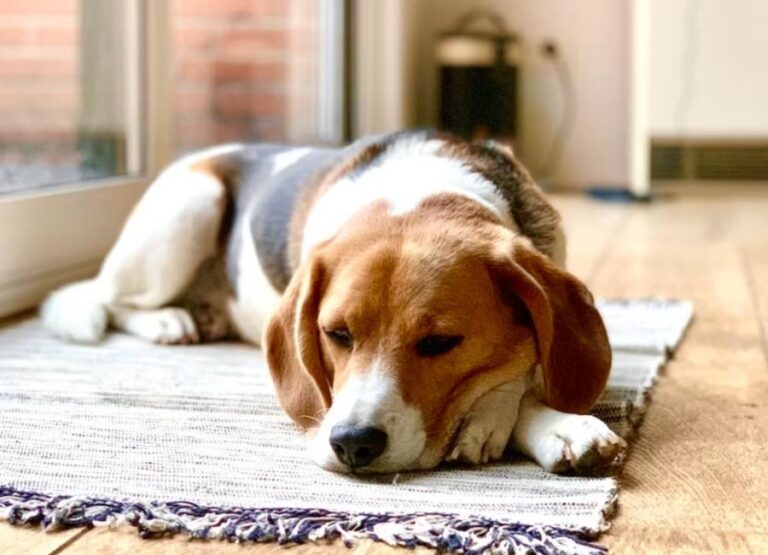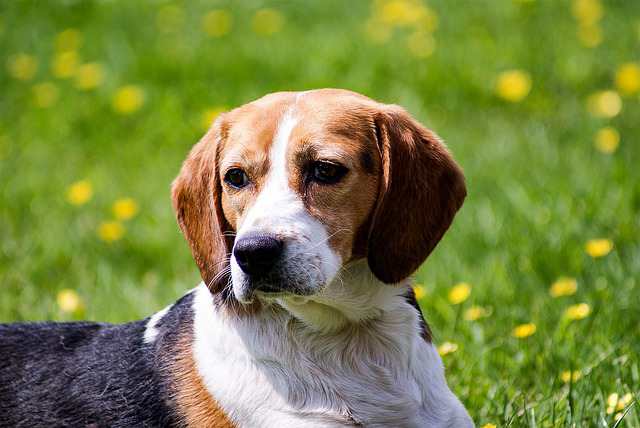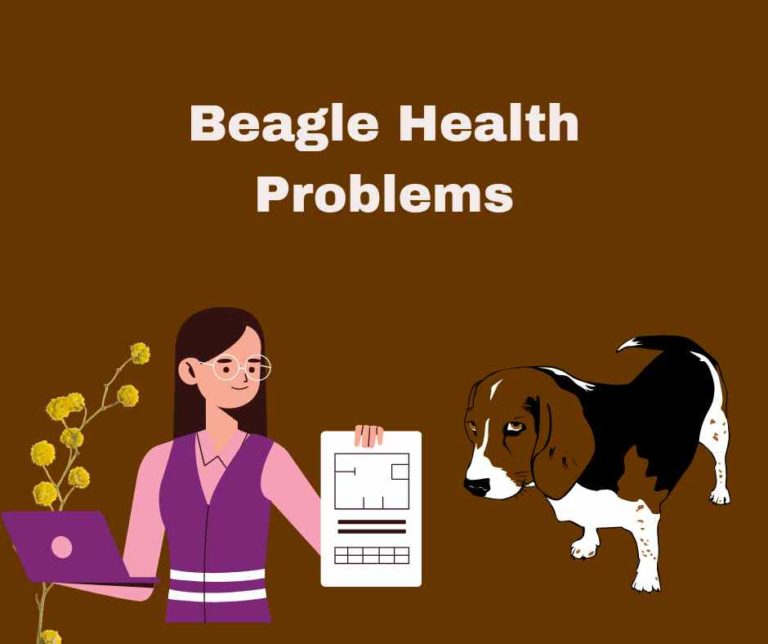Why Is My Dog Suddenly Sneezing So Much [8 Reasons]
![Why Is My Dog Suddenly Sneezing So Much [8 Reasons] Why Is My Dog Suddenly Sneezing So Much](https://petcreeks.com/wp-content/uploads/2023/04/Why-Is-My-Dog-Suddenly-Sneezing-So-Much.jpg)
While occasional sneezing in dogs is normal, frequent or intense sneezing could be a sign of an underlying health issue.
In this blog post, we will explore some of the reasons why your dog may suddenly be sneezing so much and what steps you can take to help your furry friend feel better.
So if you’ve noticed your dog sneezing more than usual, keep reading to find out what could be causing it.
Why Is My Dog Suddenly Sneezing So Much
A dog may suddenly begin sneezing a lot for a variety of causes, including nasal foreign bodies, nasal mites, dental issues, allergies, infections, and tumors.
A more serious problem may be present in your dog’s sneezing if it is also followed by other symptoms like nasal discharge or trouble breathing.
If this is the case, you should seek veterinarian assistance right once.
If allergies are the cause of sneezing, they may be brought on by things like dust or pollen and may stop after the allergies have subsided.
Reasons Why Your Dog Is Suddenly Sneezing So Much
Here are some common reasons why your dog may be sneezing so much:
1. Presence of Allergies
Much like people, dogs can experience seasonal allergies, dietary allergies, and environmental allergies.
Pollen, mold, and dust are a few environmental allergens that affect dogs often.
Your dog may exhibit additional symptoms such as scratching, runny eyes, and skin irritation if they have allergies.
Your veterinarian could recommend medication to help manage your dog’s symptoms if they are caused by seasonal or environmental allergies.
Furthermore, antihistamines or allergy injections could be advised.
2. Nasal Mites
These microscopic parasites can inhabit a dog’s nasal passages and further aggravate the condition, resulting in inflammation and sneezing.
Puppies are more likely to develop them, and medicine can be used to treat them.
A veterinarian’s prescription medicine can be used to treat nasal mites.
The drug may occasionally need to be taken over a number of weeks.
3. Foreign Objects
Dogs have a propensity for poking their noses into places they shouldn’t and sniffing about, which can occasionally result in foreign items becoming lodged in their noses.
You should take your dog to the veterinarian right away if you think anything may be lodged in its nose.
Take your dog to the veterinarian as quickly as you can if they have something trapped in their nose.
Your vet might need to perform surgery or use a specialized instrument to remove the item.
4. Infections
Dogs that have respiratory diseases like kennel cough or canine influenza may sneeze a lot.
Particularly in crowded settings like dog parks or kennels, these illnesses are very infectious and may spread fast.
Veterinarian care is required for respiratory infections.
Antibiotics, cough suppressants, or other medicines may be administered depending on the infection’s severity.
5. Presence of Irritants
Dogs who are exposed to Irritants including smoke, cleaning supplies, or scents may sneeze regularly.
Try to keep your dog away from certain chemicals if you find that they cause them to sneeze more regularly after exposure.
Try to keep your dog as far away from irritants like smoke, cleaning supplies, or scents as you can if they are present in their environment.
To increase the quality of the air, you might also want to think about installing air filters or opening windows.
6. Dental Problems
Dogs who have dental problems, such as infected teeth or gums, may sneeze often and have nasal discharge.
Your dog may be suffering from dental issues if they have foul breath, bleeding gums, or excessive drooling.
Your dog could require a dental cleaning or other treatments from a veterinarian if they are having dental issues.
Regular tooth cleaning and giving your dog dental chews are vital for maintaining excellent oral hygiene.
7. Tumors
In rare instances, tumors in the sinuses or nasal passages can make dogs often sneeze.
Take your dog to the doctor for a checkup if they are sneezing a lot and also experiencing other symptoms like nosebleeds or breathing problems.
The nature and intensity of the tumor will determine the available treatment choices.
8. Reverse Sneezing
Some dogs have a syndrome called reverse sneezing, which is similar to human sneezing.
This disorder, which is brought on by a throat and soft palate spasm, can make dogs honk while inhaling.
In most cases, reverse sneezing is harmless and does not need to be treated.
Once the event passes, try to remain cool and soothe your dog if they are reverse sneezing.
How to manage excessive sneezing in dogs
Here are some tips on how to manage a dog sneezing excessively:
- Take your dog to the vet: It’s crucial to take your dog to the veterinarian if they are sneezing a lot so that the underlying problem may be identified. To determine what is causing your dog to sneeze, the veterinarian may conduct a physical examination, take X-rays, or carry out other diagnostic procedures.
- Keep your dog away from irritants: Keep your dog away from the cause of the irritation if they have allergies to something, such as dust or pollen. This may entail utilizing air purifiers in your house or keeping your dog indoors during allergy season.
- Keep your dog’s nose moist: Sneezing in dogs may be brought on by dry nasal passages. Use a humidifier or saline solution to keep your dog’s nose wet. Just be sure you use a canine-specific saline solution.
- Clean your dog’s teeth: Sneezing in dogs can also be caused by dental issues. Frequent dental cleanings can lessen the incidence of sneezing and help avoid tooth problems.
- Avoid using scented products: Air fresheners, cleaning supplies, and fragrances can all irritate your dog’s nose and cause them to sneeze. While utilizing these items around your dog, avoid doing so.
- Consider medication: If allergies or an infection are to blame for your dog’s sneezing, your veterinarian may recommend medication to help treat the symptoms. Keep your dog hydrated and be sure to follow the treatment directions precisely.
Tips for preventing sudden sneezing in dogs
Here are some tips on preventing sudden sneezing in dogs:
- Keep your dog away from irritants: Dust, smoke, or pollen can irritate your dog’s nasal passages and cause sneezing. Keeping your dog away from these irritants can help prevent sudden sneezing.
- Good hygiene: Make sure your dog is kept clean, especially around its nose and face. Regularly cleaning any discharge or mucus from your dog’s nose can help reduce sneezing.
- Avoid exposure to other dogs with respiratory diseases: Dogs with kennel cough, dog flu, or other respiratory diseases can spread the infection to other dogs through sneezing. Avoiding exposure to infected dogs can help reduce the risk of your dog developing the same problems.
- Regular check-ups: Regular check-ups with your veterinarian can help catch any respiratory infections before they become serious.
- Keep the air clean: Use an air purifier to filter out allergens and other irritants that can cause sneezing.
- Keep your dog’s environment clean: Regularly clean your dog’s bedding, toys, and any other items that it comes into contact with.
- Adequate exercise: Providing your dog with enough exercise and stimulation can boost its immune system and overall health.
- Proper nutrition: Feeding your dog a healthy, balanced diet can also boost its immune system and reduce the chances of developing respiratory infections.
- Vaccination: Vaccination can help protect your dog against respiratory infections, so make sure your dog’s vaccinations are up-to-date.
Following these tips can help reduce sudden sneezing in dogs and improve their overall health and well-being.
Learn more about how to improve your dog’s health.
Frequently Asked Questions
Why is my dog suddenly sneezing so much?
There can be many reasons for sudden sneezing in dogs, including allergies, irritants, infections, foreign objects lodged in the nasal passages, and dental problems.
How can I tell if my dog’s excessive sneezing is due to an allergy?
Look for other symptoms like itching, skin irritation, and watery eyes.
If your dog is experiencing these symptoms along with sneezing, it is likely due to an allergy.
Can dogs catch colds from humans, and is this what’s causing my dog’s sneezing?
While dogs can catch some types of cold viruses from humans, they are more likely to contract canine-specific respiratory illnesses.
A veterinarian can help diagnose the root cause of your dog’s sneezing.
Should I be worried if my dog is sneezing and coughing at the same time?
Yes, it is always advisable to seek veterinary attention if your dog is exhibiting any unusual symptoms.
Sneezing and coughing together can be a sign of respiratory infections or other serious health issues.
Can I give my dog any over-the-counter medication to help with his sneezing?
No, it’s not recommended to give your dog any medication without consulting a veterinarian first. Many human medications are toxic to pets and can cause harm.
Can I prevent my dog from sneezing in the future?
Prevention will depend on the underlying cause.
Regular check-ups with a veterinarian can help keep your dog healthy and catch any health issues early on.
Additionally, keeping your home free of irritants like dust and cigarette smoke can help reduce sneezing.
Conclusion
In conclusion, while sneezing is a natural biological function for dogs, frequent sneezing may indicate a more serious problem.
It’s crucial to pay attention to any accompanying symptoms if your pet is sneezing more frequently than normal and to seek veterinarian care if required.
Your dog can feel better and resume living life to the fullest with the right care and attention.


